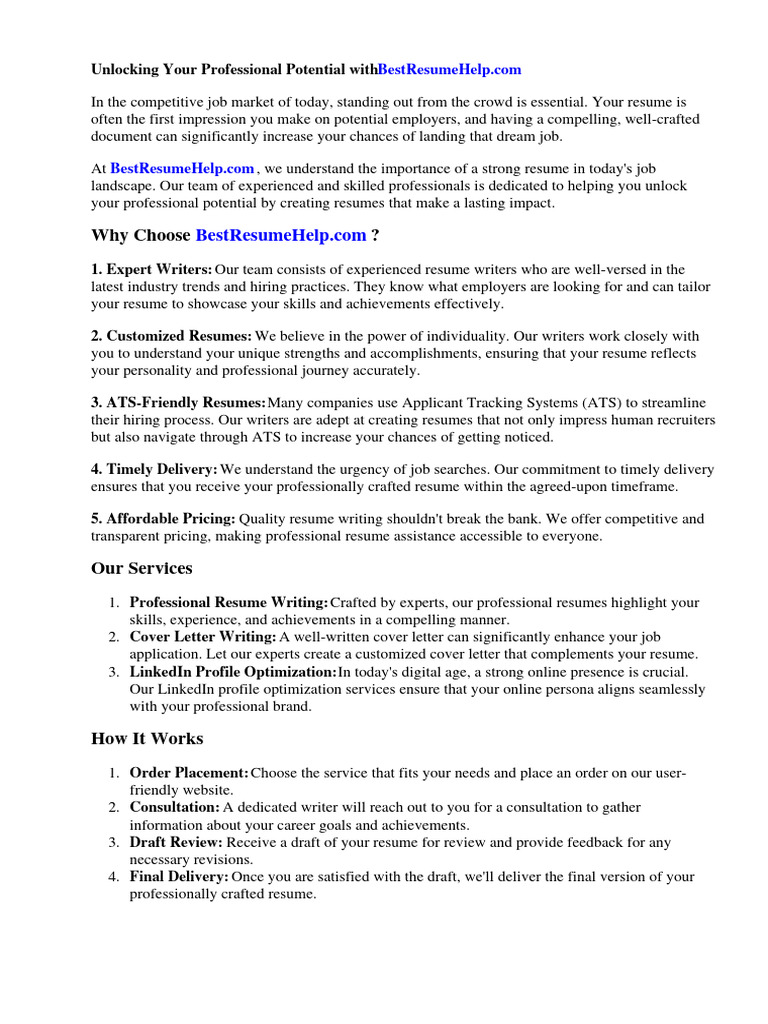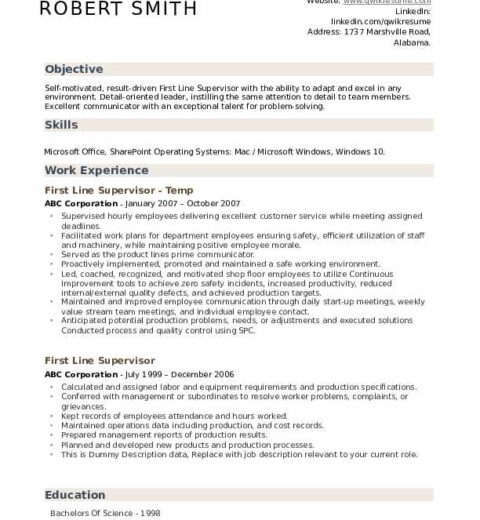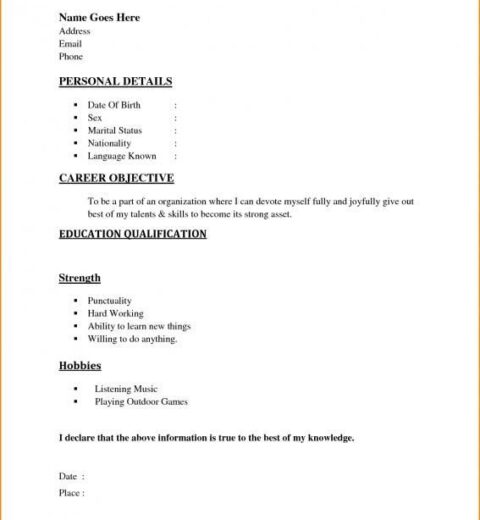In the competitive realm of modern employment, a resume is much like a meticulous tapestry, woven with threads of experience, education, and skill. At the intersection of these elements resides a unique gemstone: certifications. Adding certifications to a resume serves not merely as a decorative flourish; rather, it crystallizes your qualifications and distinguishes you within a sea of candidates. This article will elucidate the most effective strategies for incorporating certifications into your resume, ensuring they provide maximum impact.
Before embarking on the integration of certifications, it is imperative to select those that resonate with your career aspirations and align with the expectations of your target industry. Think of certifications as specialized tools in a vast toolbox, each designed to tackle specific challenges. For instance, a Project Management Professional (PMP) certification is a beacon for project managers, illuminating their ability to lead complex initiatives successfully. Conversely, a Cloud Computing certification equips IT professionals with the technical acumen necessary for modern infrastructure. The key is to choose certifications that augment your unique narrative and cater to the desires of prospective employers.
Once you have identified the most relevant certifications, it is crucial to position them strategically within your resume. Consider presenting certifications in a dedicated section, ideally situated near the top of your resume, just below the summary or objective statement. This arrangement ensures that hiring managers encounter your accomplishments promptly, akin to an enticing prelude that beckons them to explore further. Label this section clearly, using a heading such as “Certifications” or “Professional Credentials.” This will draw attention and provide immediate clarity about the qualifications you bring to the table.
When listing certifications, clarity and organization are paramount. Begin with the certification title, followed by the issuing organization and the date obtained. For instance, a listing might appear as follows:
- Certified Information Systems Security Professional (CISSP) – (ISC)², 2021
- Google Data Analytics Professional Certificate – Google, 2022
This format not only highlights your credentials but also preserves the overall readability of your resume. Each certification should be a beacon, shining brightly with the details that give it credence.
In addition to the basic information, consider adding a line that encapsulates the relevance of the certification to the job for which you are applying. This additional context acts as a bridge, connecting your qualifications with the employer’s expectations. For example, you might add, “This certification underscores my commitment to data security and enhances my competency in safeguarding sensitive information.” Such statements do more than simply declare achievements; they contextualize them within the complex narrative of your career path.
Moreover, it is important to ensure that your certifications are current and relevant. An expired certification might signal to prospective employers a lack of ongoing professional development, akin to a once-vibrant garden that has fallen into disarray. Regularly renew your certifications where applicable and take proactive steps to acquire new ones as the industry evolves. This commitment to continuous education can greatly enhance your appeal as an applicant.
When your resume encompasses multiple certifications, consider grouping them by category. For instance, if you hold both technical certifications and management credentials, you may wish to create two distinct sub-sections within your “Certifications” section. This method of organization helps to create an intuitive flow and allows hiring managers to navigate your qualifications with ease. It is akin to a well-organized library, where each section contributes to a deeper understanding of your professional landscape.
Beyond the technicalities of format and structure, let us ponder the softer skills that certifications can convey. They embody a commitment to professional growth and an insatiable curiosity, traits that add layers to your persona. Thus, when discussing your certifications in a cover letter or during an interview, reflect upon not just what you have accomplished, but how these accomplishments molded you into a proactive, lifelong learner. This idea can be articulated in a narrative that conveys your passion and engagement with your field.
In addition to traditional certifications, do not overlook the value of micro-credentials and online courses. In today’s digital age, platforms such as Coursera or LinkedIn Learning provide bite-sized learning options that can be seamlessly integrated into your professional profile. Listing these qualifications can demonstrate both adaptability and a forward-thinking mindset, further enhancing your appeal. Present them as endorsements of your commitment to remaining at the forefront of industry trends and innovations.
Lastly, remember that while certifications undeniably add credence to your resume, they should complement a holistic depiction of your professional self. They are but one cog in the vast machinery of your experience. Balancing certifications with hands-on experiences, personal projects, and relevant volunteer work will enhance your narrative. This amalgamation of skills and experiences illustrates that you are not merely certified, but actively engaged in the practice of your profession—an artisan at work in the ever-evolving landscape of your career.
In conclusion, the landscape of professional opportunities is forever shifting, with certifications standing as powerful landmarks that guide hiring managers toward the most qualified candidates. By strategically selecting, organizing, and presenting your certifications, you can ensure they sparkle brilliantly on your resume. With attentive care and a thoughtful approach, you can transform your resume into a compelling document that encapsulates not only your skills and experiences but also the journey you’ve undertaken in your career. Dive into this vibrant world of certifications and let them illuminate your path forward in the pursuit of professional success.




